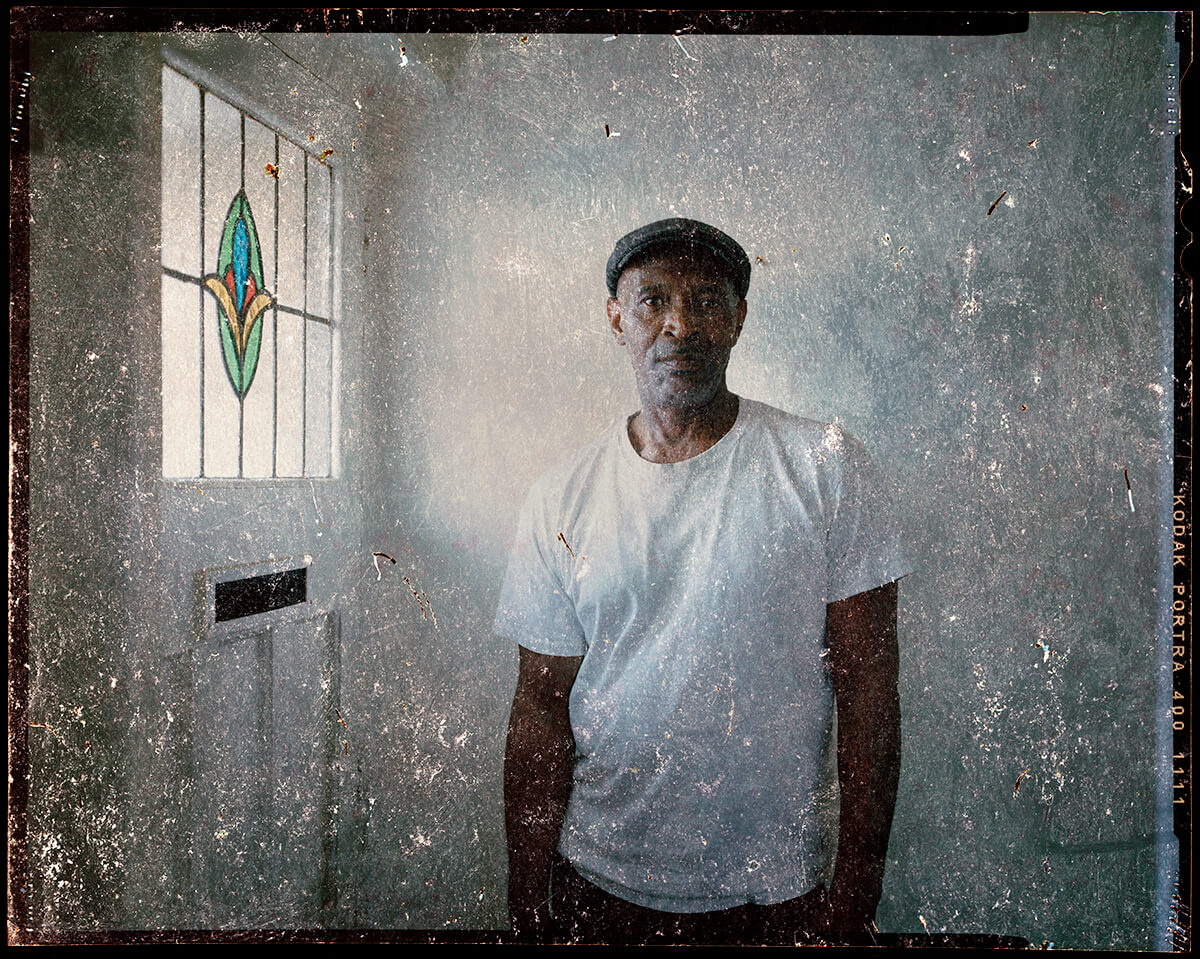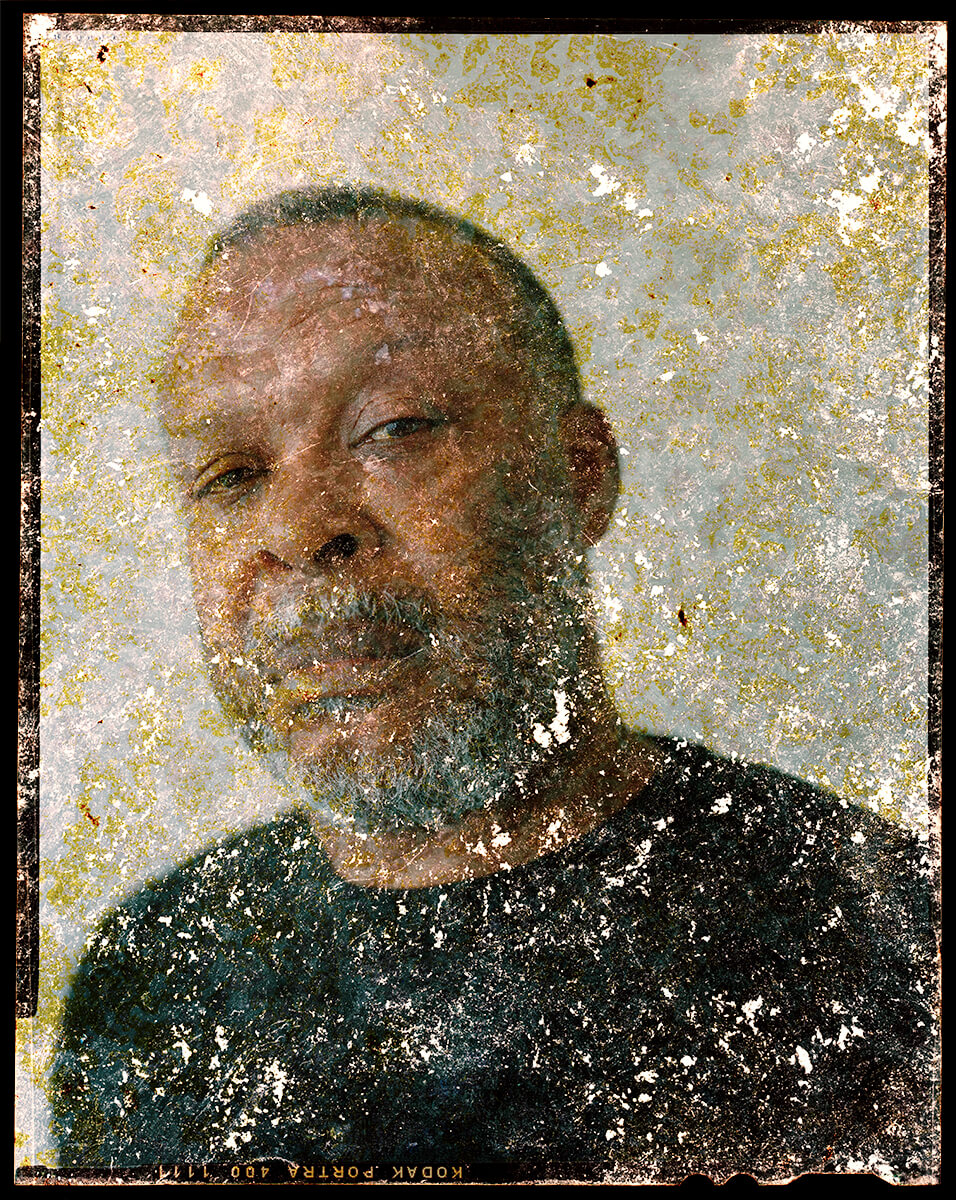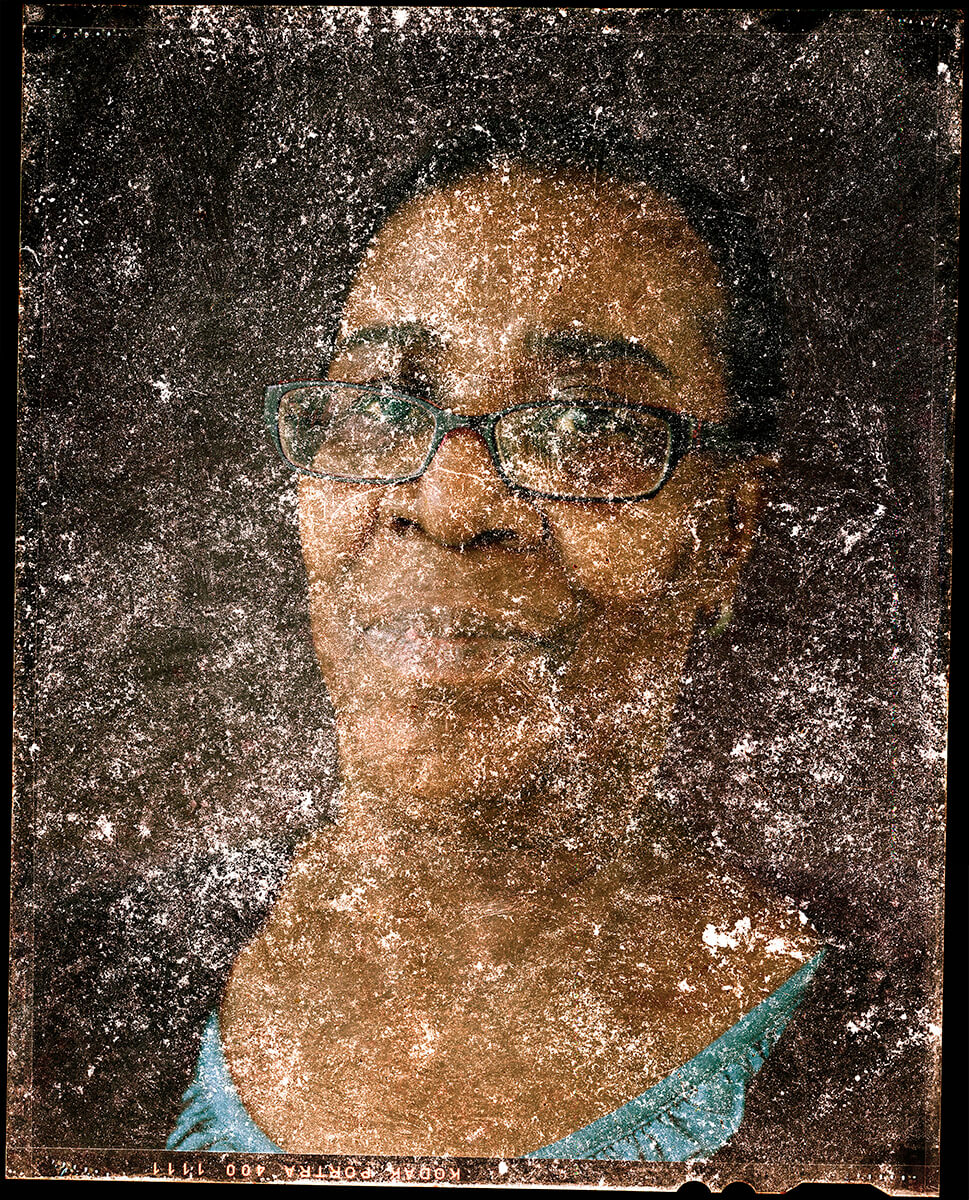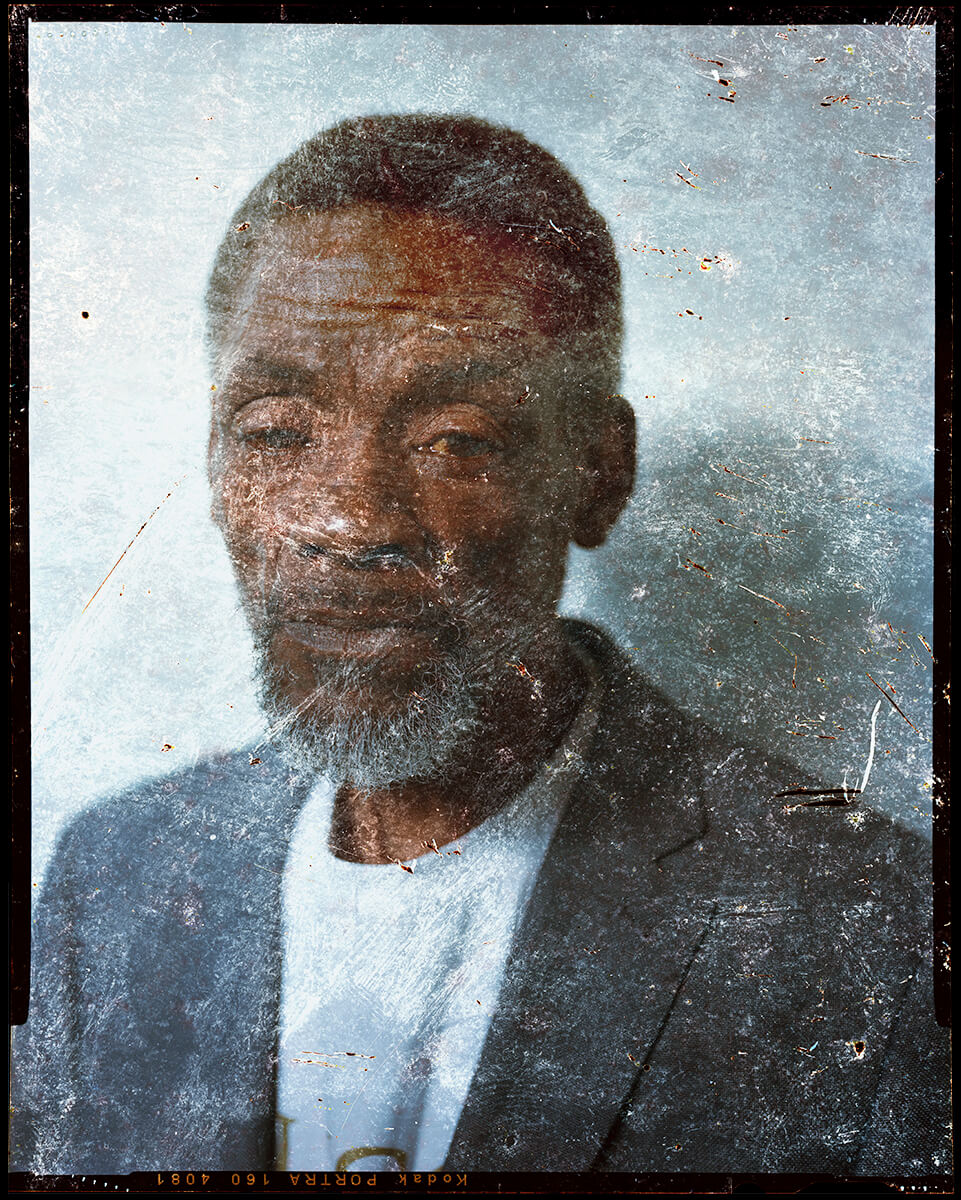I have recently been in a bit of a vacuum when it comes to create personal work. I think I have lost the feeling that personal work counts and can make a difference. Media stories seem to come and go a lot easier than before. It’s as if people don’t listen; are over saturated with bad news and gruesome images. Easy access to information, through internet means that everyone is screaming for attention. While I used to think that a series of images with strong quotes could really make people listen and take count, I now feel that if anyone notices at all, they soon forget and the work becomes just a part of the noise that was.
However, sometimes a story grabs me and makes me want to get involved. It makes me want to give a voice to a subject, to someone whom an injustice has been done to as well as to dig in deeper and gain a greater understanding. I have to admit that it took a few headlines about the Windrush scandal in the UK before I really listened and decided to get involved. But when I did I immediately knew what I wanted to do. I wanted to give the people their routes back in the British society and forever show the scars Britain had given them.
For more information please contact me direct.
Published in The Observer Magazine












A short introduction to the Windrush scandal - UK
Images and words by Pål Hansen
The Windrush generation refers to the immigrants who were invited to the UK between 1948 and 1971 from Caribbean countries such as Jamaica, Trinidad and Tobago and Barbados.
The name derives from the ship MV Empire Windrush, which on June 22, 1948, docked in Tilbury, Essex, bringing nearly 500 Jamaicans to the UK.
The immigrants came at the invitation of the British government, which was facing a labour shortage due to the destruction caused by World War II.
The 1971 Immigration Act gave Commonwealth citizens who were already living in the UK indefinite leave to remain.
2018 should have been a year where the UK celebrate 70 years since that first ship docked in Essex. Instead a scandal over the treatment of members of the Windrush generation has become public during the last year, as a multitude of reports have come out about mostly elderly people being denied health treatment, public services, losing their jobs, becoming homeless and even facing deportation.
Many of the Windrush generation had arrived as children on their parents' passports. And although they have lived in Britain for many decades - paying taxes and insurance - they never formally became British citizens.
In April Caribbean diplomats called on the UK to resolve the issues faced by the Windrush generation. As well as this a few MP’s stood up in Parliament to voice their opposition to this treatment of individuals. David Lammy, the most prominent voice of these politicians, said it was a “day of shame” and continued to say "It is inhumane and cruel for so many of that Windrush generation to have suffered so long in this condition”.
In April 2018, UK Home Secretary Amber Rudd apologised for the "appalling" treatment received by some of the Windrush generation. Amber Rudd later resigned due to the issues surrounding the Windrush scandal.
Due to pressure from the Caribbean leaders prime minister Theresa May apologised to the Windrush generation for the way they had been treated.
A promise of compensation has been given to the people effected, but how do you compensate someone who has; been refused urgent medical treatment, been fired from their jobs and as a consequence built up debts in order to survive, been refused re entry to the UK for 25 years after having traveled to the Caribbean to attend family funeral, having been refused entry to the UK for 13 years and consequently not seen his daughter, been held in detention with the threat to be deported, the lost opportunity to travel to Caribbean for a family funeral due to the fear of not being let back in to the UK and becoming homeless - sleeping on the streets for years.
The Windrush generation have not only experienced a physical loss which compensation will go some way to replace, but the mental stress and the feeling of lost identity is irreplaceable.
We are all defined by the people and world around us. To be told that you do not belong to a world in which you have grown up and always seen yourself as one with is degrading and insulting. Especially when you and your family have contributed to the thriving and developing of the community in which they live.
The immigration policies introduced by Theresa May in 2014 required landlords, banks, employers and the NHS to check people’s immigration status and deny them if they could not prove their right to be here. Those rules became more stringent in 2016. In 2010, landing cards belonging to Windrush migrants were destroyed by the Home Office. As a result it was up to the children of the Windrush generation to prove their residence status since 1973. Some of the requirements the Home Office set to prove your right to remain in Britain was to provide 4 documents per year since 1973, something most of us would find impossible to do.
The desperate attempt for the government to reduce immigration numbers has lead to this inhuman treatment of individuals, mostly children of people whom were invited to Britain to help rebuild a war torn country. They may have been born in the Caribbean but they grew up in the UK with British education and having paid taxes and NI contributions for decades. Telling this group of people that they are no longer welcome in the country in which they grew up is much like being discarded by ones own family, to be left on the street without a home, job or an income. The government’s treatment of the Windrush generation is disgraceful, shameful and with a complete disregard of individuals. The policy has only one focus; to reduce the numbers of non British nationals to massage the numbers to look good for the public which fear immigration, integration and still believe that to be British you have to be white.